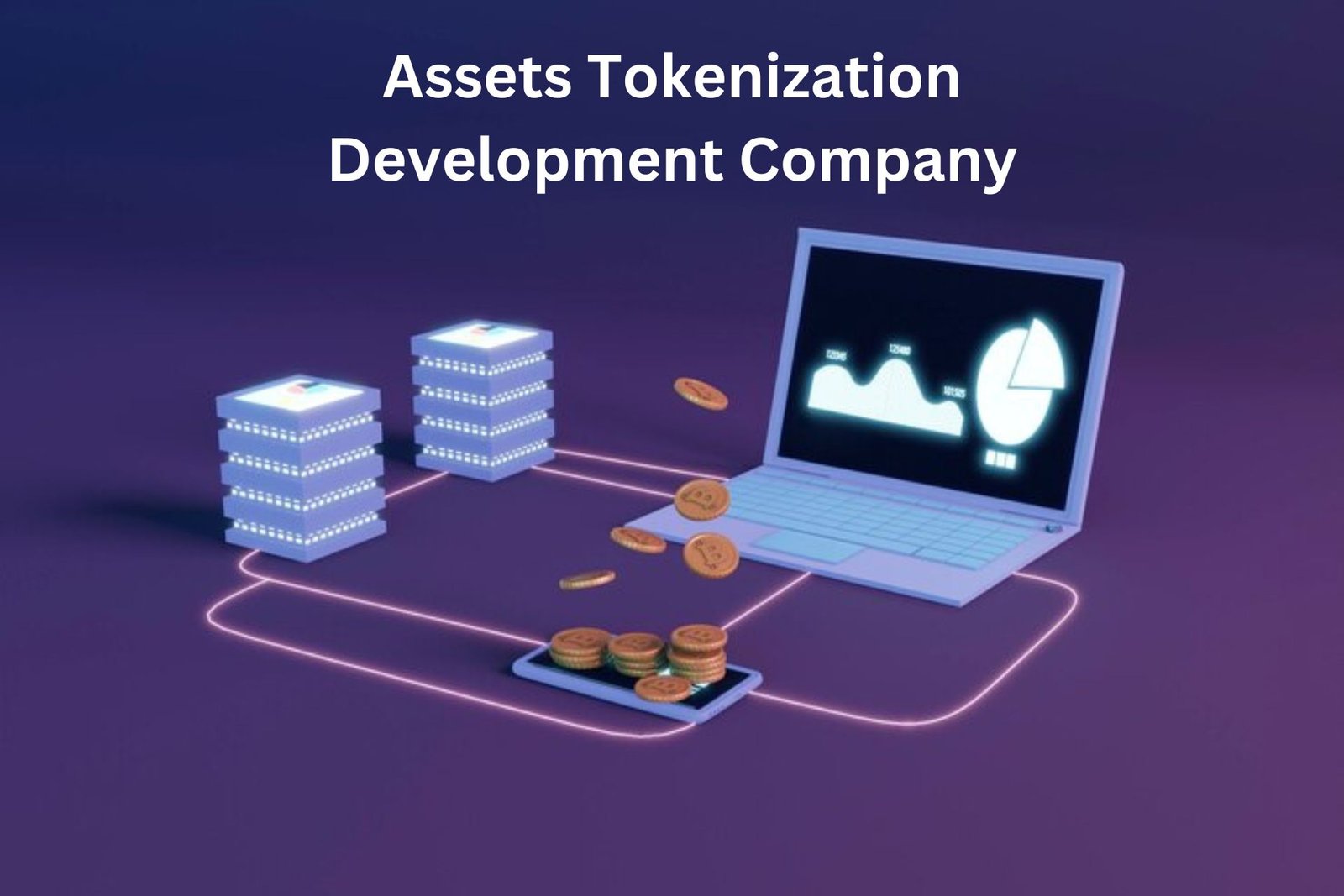
Starting a tokenization business can seem overwhelming, especially with all the technical aspects involved. But trust me, once you break it down, it becomes much more manageable. As per my research, tokenization is rapidly growing, with businesses from various industries—real estate, art, commodities—adopting the process. In this article, I’ll share insights from my experience, along with some stats and resources to help you launch a tokenization business successfully.
What is Tokenization?
Before jumping into how to start a tokenization business, it’s essential to understand what tokenization actually means. In simple terms, tokenization is the process of converting physical or digital assets into digital tokens on a blockchain. These tokens represent the value of the underlying asset, making it easier to trade, transfer, or divide the asset. Whether it’s a piece of art, real estate, or shares of a company, tokenization opens the door to greater liquidity and accessibility.
For instance, if you own a commercial property worth $1 million, tokenizing it could allow you to divide the asset into smaller shares, like 1,000 tokens, each worth $1,000. You could sell these tokens to multiple investors, thereby increasing the liquidity and flexibility of your asset.
Why Tokenization Matters
According to available data, we expect the global tokenization market to grow from $2.3 billion in 2021 to $8.3 billion by 2026. This surge is driven by an increased interest in blockchain technology and the advantages tokenization offers, such as increased liquidity, fractional ownership, and faster transactions.
Businesses, in my experience, are becoming more interested in tokenizing assets because it allows them to reach a broader audience of investors. With tokenization, you can attract smaller investors who may not have been able to participate in traditional investment opportunities due to high entry barriers.
Steps to Start a Tokenization Business
Now that you have a basic understanding of tokenization, let’s dive into how you can start a tokenization business. Here’s a step-by-step guide based on what I’ve learned from my research.
1. Understand the regulatory environment.
The first step, as per my experience, is to thoroughly understand the legal and regulatory landscape of tokenization. Regulations can vary significantly depending on your location and the type of asset you’re tokenizing. For example, securities laws may apply to tokenized real estate, whereas different regulations may apply to commodities or art.
- In the United States, tokenized assets may be subject to regulations by the Securities and Exchange Commission (SEC).
- In Europe, regulations around tokenized assets are still evolving but may involve MiFID II and GDPR compliance.
Before launching your tokenization business, consult with legal professionals to ensure that you comply with the relevant laws. It’s crucial to do this early on to avoid any legal roadblocks later.
2. Identify Your Niche
One thing I’ve found essential in starting any business is identifying your niche. You can apply tokenization to various assets such as real estate, art, music, intellectual property, and even commodities like gold. According to my research, tokenization is currently most popular in the following sectors:
- Real Estate: This is one of the most prominent areas for tokenization, as real estate assets tend to have high liquidity issues. Tokenizing real estate can unlock value for both asset owners and investors.
- Art: Tokenizing fine art allows for fractional ownership, making it accessible to a broader range of investors.
- Commodities: Investors can tokenize gold, silver, and other commodities to gain more straightforward, digital access to these physical assets.
Decide which sector aligns best with your expertise, as it will be easier to attract clients if you specialize in a particular field. For example, you could start a business specializing in assets tokenization development for real estate companies or offer assets tokenization development services for art collectors.
3. Choose the Right Blockchain Platform
The choice of blockchain platform is a critical step. There are many blockchain networks, but not all are suitable for asset tokenization. My research shows the following tokenization platforms are popular:
- Ethereum: one of the best-known blockchain networks, finds widespread use in tokenization projects. We frequently use the ERC-20 and ERC-721 standards for fungible and non-fungible tokens (NFTs), respectively.
- Tezos: Tezos is gaining popularity because of its robust governance model and low transaction costs.
- Binance Smart Chain (BSC): BSC is another blockchain that offers lower fees and faster transaction times compared to Ethereum.
Selecting the right platform is crucial because it affects the security, speed, and scalability of your tokenization solution. Many assets tokenization development companies focus on offering blockchain solutions tailored to their clients’s needs, and this is something you should consider when starting your business.
4. Develop a Tokenization solution.
Once you’ve chosen your blockchain platform, the next step is developing the technology behind your tokenization solution. At this stage, you can either:
- Build your own development team: If you have a tech background or have access to skilled developers, you can build your own team to create the tokenization solution. This gives you more control over the development process.
- Hire a tokenization development company: If you lack technical expertise, hiring an assets tokenization development company might be the better option. These companies provide assets tokenization development services that include blockchain development, token creation, and platform setup.
In my experience, outsourcing this stage to professionals who specialize in blockchain development can save time and prevent costly mistakes.
5. Launch your tokenization business.
After setting up the legal framework, selecting your niche, choosing the blockchain platform, and developing your solution, you’re ready to launch your tokenization business. Here are a few things to consider:
- Marketing and Sales: Start by promoting your tokenization services to your target market. Depending on your niche, this could include real estate developers, art collectors, or commodity traders.
- Client Education: Many businesses and individuals are still unfamiliar with tokenization. As part of your marketing efforts, you may need to educate potential clients on the benefits of tokenization. You can accomplish this by utilizing webinars, white papers, or case studies.
- Ongoing Development: The blockchain and tokenization space is evolving rapidly. To stay competitive, keep up with the latest advancements in blockchain technology and tokenization solutions.
The Challenges of Starting a Tokenization Business
While tokenization offers tremendous opportunities, there are challenges you need to be aware of, according to my research:
- Regulation: Navigating the complex regulatory environment can be tricky, especially in countries where tokenization laws are still evolving.
- Trust: Blockchain technology is relatively new, and many clients may be skeptical about its security and benefits. Building trust with your clients will be a key part of your success.
- Market Awareness: Tokenization is still a niche field. Therefore, you may face challenges educating the market about its benefits and applications.
Conclusion
Starting a tokenization business requires careful planning and understanding of the market, regulations, and technology involved. From my research and experience, it’s clear that the demand for assets tokenization development services is growing rapidly. By identifying your niche, complying with regulations, choosing the right blockchain platform, and offering specialized solutions, you can position your business as a leader in this emerging field.
If you’re serious about launching a tokenization business, I recommend staying updated with industry trends and considering partnerships with established assets tokenization development companies. This can help you scale faster and offer comprehensive solutions to your clients.
As per my research, the future of tokenization looks incredibly promising, and the businesses that get in early stand to gain the most from this revolutionary technology.






